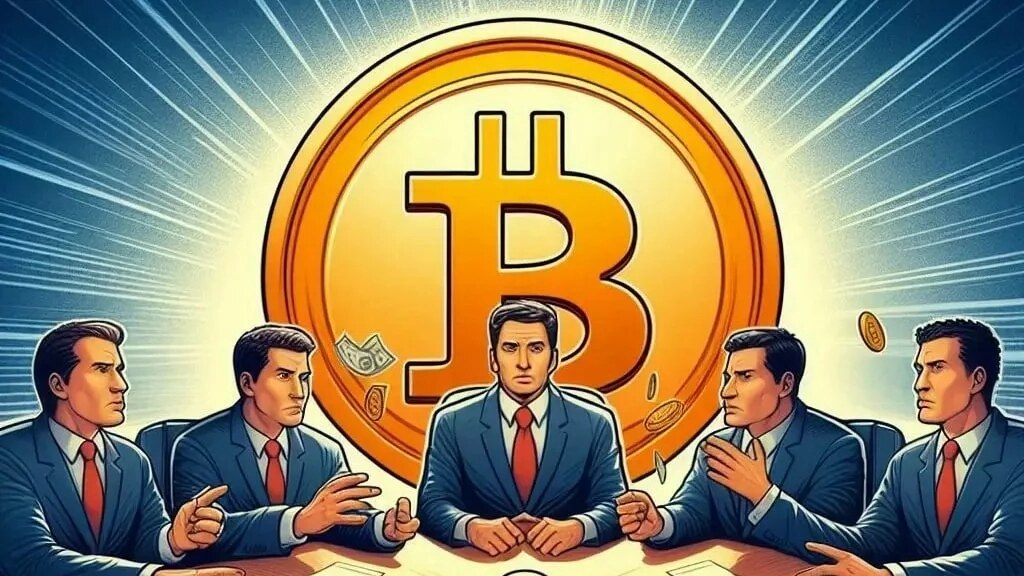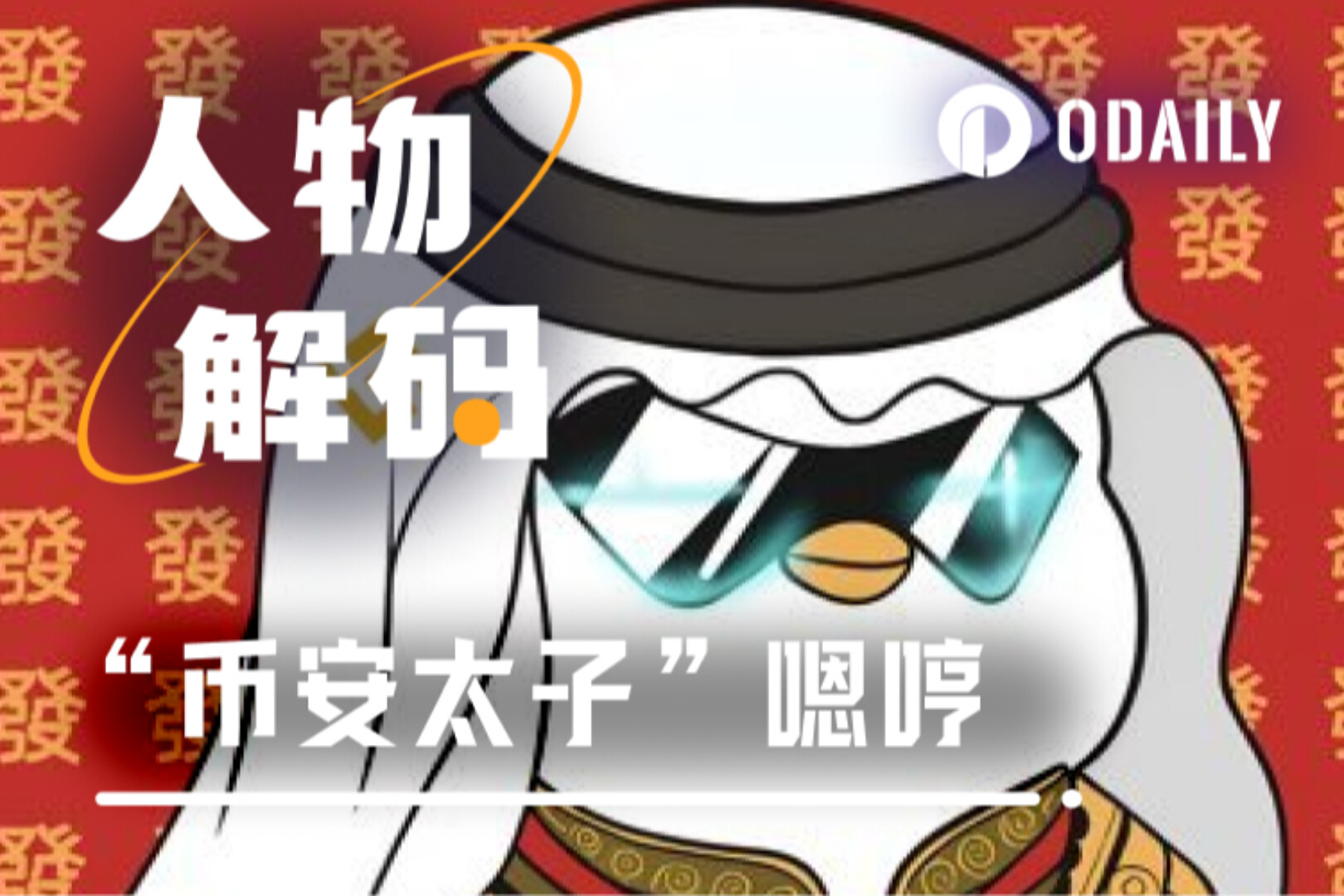Reflections on On-Chain Censorship and Fork Debates in Bitcoin
Original article by Lorenzo ( @lorenzonical )
Compiled by: Odaily Planet Daily Asher ( @Asher_0210 )

The problem of on-chain censorship
A question that is often raised is that the Bitcoin chain has limited capacity and already contains some illegal content, so is it necessary to censor or even delete this data?
Ultimately, this is a question of liability: Should Satoshi Nakamoto—and subsequent Bitcoin Core developers and maintainers—be held accountable for ensuring that all data users upload to the blockchain complies with legal standards in every jurisdiction around the world?
Where should the responsibility fall?
In my view, the responsibility of Bitcoin Core developers lies in continually optimizing the system so that the blockchain better serves its primary purpose—facilitating transactions—while reducing its convenience and suitability as a medium for storing illegal content.
This optimization is already happening, and it's working well. However, preventing illegal data from being displayed and disseminated across jurisdictions should be the responsibility of blockchain data service providers. This is a currently missing link that urgently needs to be strengthened.
Why is immutability important?
From a technical perspective, maintaining Bitcoin's immutability is both reasonable and necessary. Blockchain is understood as a "trust vehicle" built on cryptography. This trust stems from mathematics itself, not from humans, and it is precisely this quality that enables the system to accumulate long-term value.
If the system is subject to human censorship and manipulation, this fundamental trust will be structurally destroyed.
The role of service providers
Blockchain data service providers cannot ignore the real-world legal and compliance pressures. They are the ones with the ability and responsibility to decide what on-chain data users can access through their platforms.
It's illogical to place the responsibility for compliance on the blockchain itself, as it's merely a neutral data carrier and cannot inherently bear legal responsibility. Take the internet, for example. Countless files containing illegal content exist. If a service provider indiscriminately allows users to access this data, it effectively facilitates the widespread dissemination of illegal content. In this case, the responsibility for compliance is clear and specific.
Significance for Ordinals
Censorship is a clear threat to Ordinals on Bitcoin. If Bitcoin maintainers were to take the stance that Ordinals are garbage and should be blocked in future versions, Fractal Bitcoin (a Bitcoin-based fork) could perfectly mirror all inscriptions on the Bitcoin mainnet—using only about 1/38 the amount of additional data.
Importantly, providing this potential capability does not conflict with the responsibility to prevent the display or distribution of illegal content in a particular jurisdiction.
- 核心观点:比特币审查责任应归数据服务商。
- 关键要素:
- 开发者责任是优化系统功能。
- 不可篡改性是信任基础。
- 服务商需承担合规过滤职责。
- 市场影响:明确责任划分促进行业合规。
- 时效性标注:长期影响



